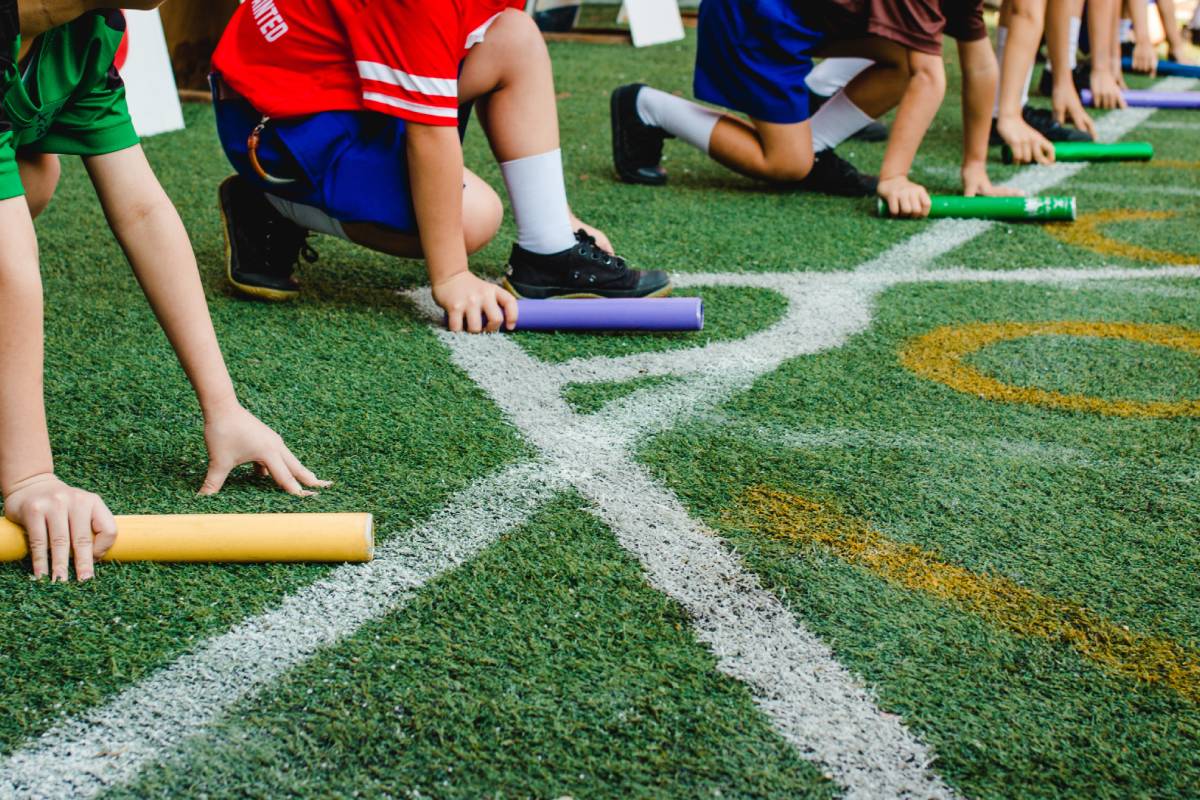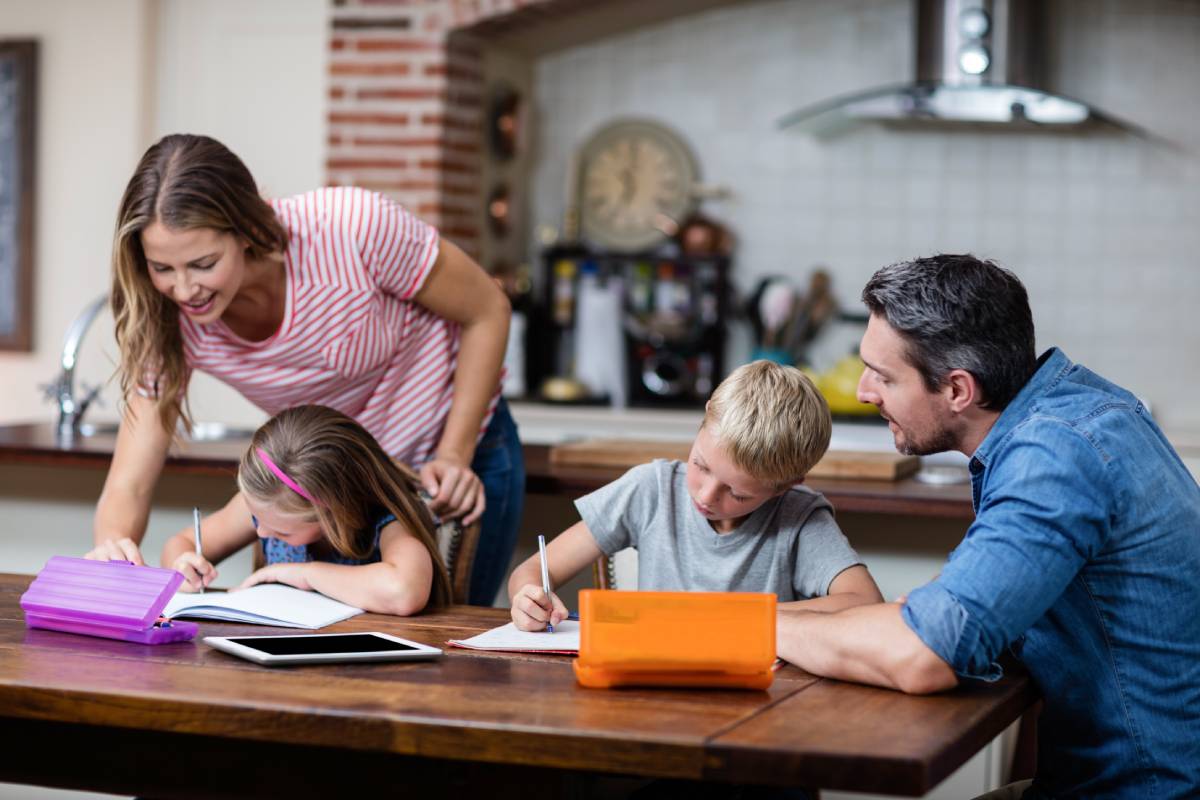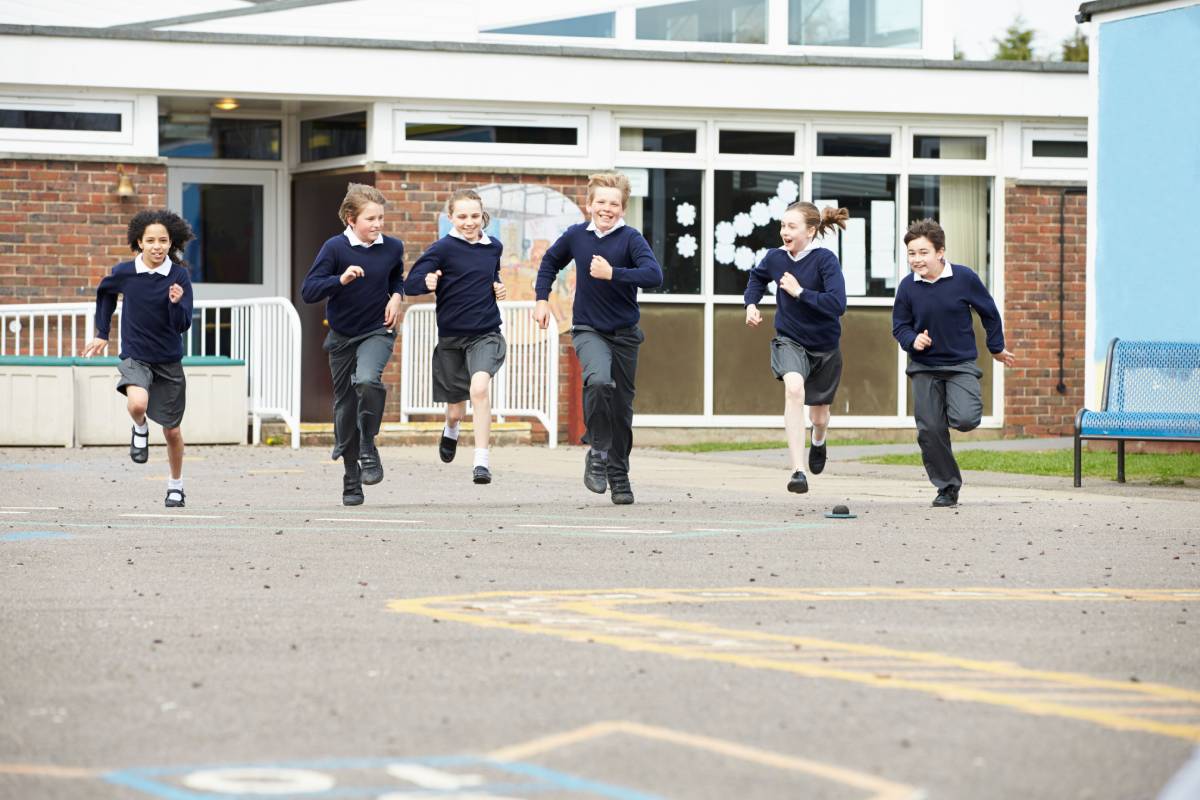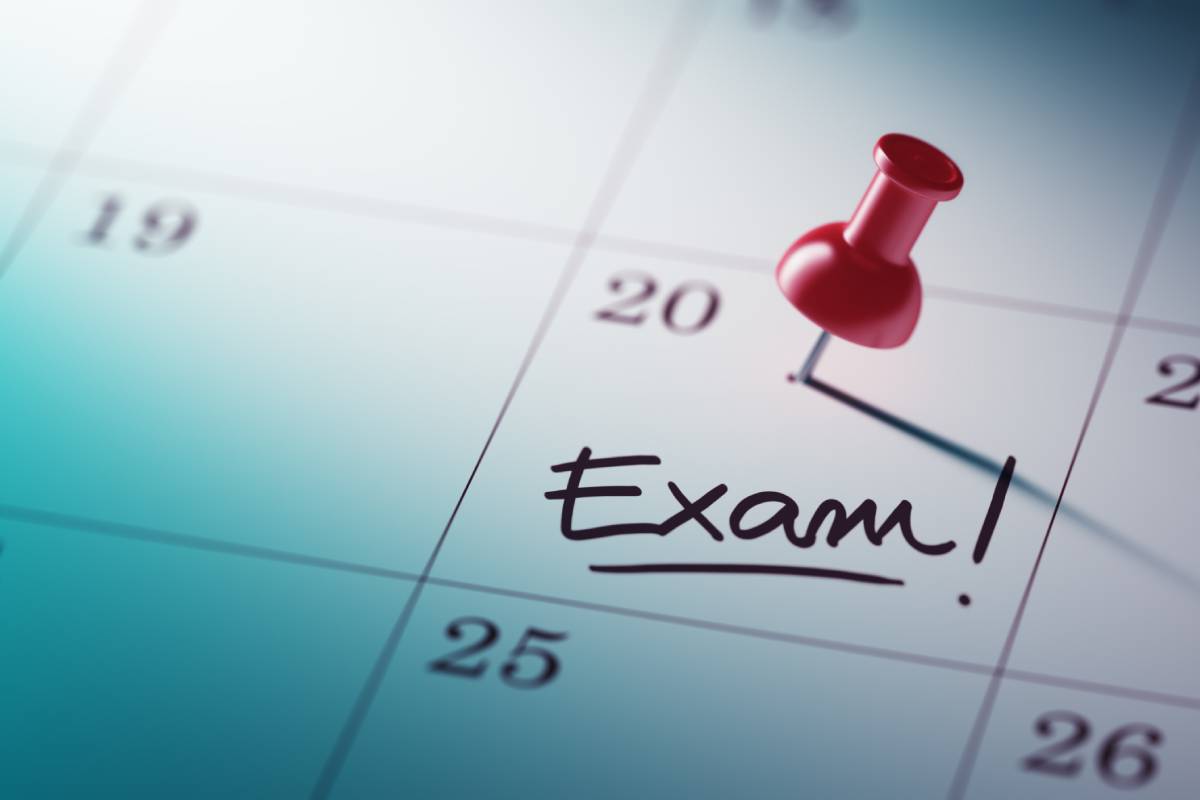Social and emotional learning (SEL) is a vital area of education that is often neglected. Yet, when tackled positively, it can have an enormous impact on children.
Resilience is a term used more and more as the challenges and obstacles our young people face grow. It involves being able to adapt when encountering difficulties, make adjustments and take a flexible approach.












